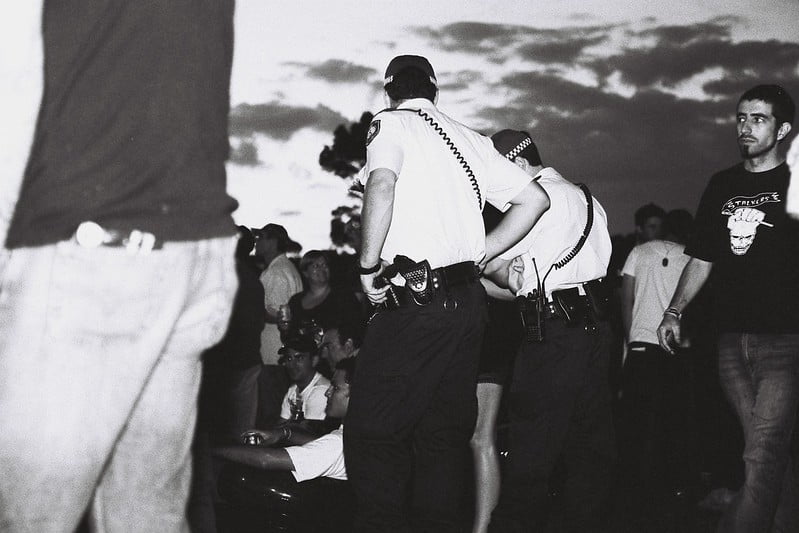
In March 2024, Redfern Legal Centre (RLC) released a report detailing the disturbingly frequent occurrence of children being strip searched in NSW.
In the seven-year period from 2016 to 2023, NSW Police strip searched over 1,500 children, amounting to more than 200 strip searches of minors per year.
The youngest child to be subjected to this invasive and harmful practice was only 10 years old. The disproportionate number of Indigenous children who are the targets of strip searches by police is especially concerning. Nearly half of the children subjected to strip searches between 2016 and 2023 were Indigenous, despite Indigenous youth making up only 6.2 per cent of 10–17-year-olds in NSW.
NSW Police Failing to Meet Legal Threshold for Strip Searches
The legal threshold for strip searches in NSW is that police officers must have grounds for a ‘reasonable suspicion’ that a strip search is necessary, based on evidence or behaviour indicating that the person being searched is concealing something illegal on their person that poses a safety risk or is evidence of a crime.
When conducting strip searches not in a police station, reasonable grounds for a strip search also include that ‘serious and urgent circumstances make it necessary’.
The RLC report found that many of the strip searches conducted by police in NSW do not meet this threshold. There have also been reports of strip searches being conducted in full view of the public, despite there being a legal requirement that police must conduct strip searches in private, such as in a tent, to protect the privacy of the person being searched.
According to the RLC report, ‘most strip searches yield no discovered items, and in cases where drugs are found, they typically involve minor possession’. Importantly, possession of small quantities of drugs does not meet the legal threshold of ‘serious and urgent circumstances’ to conduct a strip search.

Lasting Effects of Strip Searches on Young People
In 2020, the Law Enforcement Conduct Commission engaged Dr Susan Pulman to present a report on the impacts of strip searches on young people for the Inquiry into NSW Police Force strip search practices. Her report, which is discussed in Chapter 6 of the LECC Inquiry, concluded that strip searches can cause significant harm and lasting trauma, particularly for vulnerable people such as children. Dr Pulman’s report highlighted that strip searches can bring back painful memories or flashbacks of prior abuse and trauma and may contribute to the development of significant mental health challenges such as PTSD.
Many young people may also perceive strip searches as unwarranted punishment and intimidation, leading to increased aggression, fear of police and reluctance to engage with them, even when they are in danger and need help. Dr Pulman’s findings are echoed in a 2021 article on the NSW Police strip search regime, published in the International Journal for Crime, Justice and Social Democracy.
RLC Report Recommendations
The RLC report urgently calls for legislative changes and police reform in order to protect children’s rights and ensure their safety. The RLC’s recommendations are that the strip searching of children be paused until legislation and police procedures can be amended to prevent it from occurring at all except in very specific circumstances, such as if the child has been arrested and charged with an offence, or a court has ordered police to conduct a strip search. Dowson Turco Lawyers endorses this recommendation.
DTL also supports the proposal that records must be kept by police about the grounds on which a child was strip searched in every instance that this occurs, and that an adult should have to be present when a child is strip searched.
Contact us
If you have had a concerning interaction with police and need legal advice or representation, Dowson Turco Lawyers’ criminal lawyers are ready to support you. Do not hesitate to contact us at 02 8000 7300 or fill out an enquiry form on our website.

